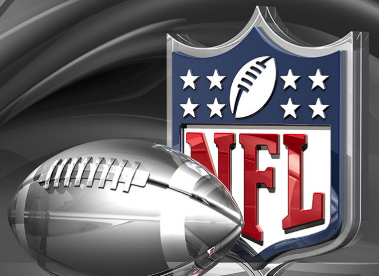Judge-Raleigh MVP Race Means Big Business For Both Teams
- troyosborne2102
- Sep 25, 2025
- 2 min read

As the 2025 MLB season barrels toward October, the American League MVP race has become one of the league’s hottest storylines. With Aaron Judge leading the charge in New York and Cal Raleigh anchoring Seattle’s playoff push, the battle isn’t just stirring baseball debates — it’s driving meaningful business impact in both cities.
Ticket Sales and Stadium Revenue
Yankee Stadium has seen surges in attendance and secondary market ticket prices each time Judge delivers another MVP-caliber performance. In Seattle, T-Mobile Park is benefiting from Raleigh’s breakout season, as the switch-hitting catcher has energized fans and given the Mariners a new franchise face. Demand for tickets has pushed late-season home games near sellouts, boosting revenue from concessions, parking, and in-stadium merchandise.
Merchandise and Brand Power
Judge remains one of MLB’s biggest jersey sellers, but Raleigh has quickly become a merchandise force in the Pacific Northwest. Mariners team stores have reported a sharp uptick in “Big Dumper” jerseys and gear, especially as Raleigh’s MVP candidacy gains national recognition. For both cities, the buzz translates into higher retail sales and stronger visibility for the teams’ brands in local and national markets.
Civic and Community Impact
In New York, Judge’s MVP run continues to spotlight the Yankees as a cornerstone of the city’s sports economy, driving business to restaurants, bars, and transportation providers around the Bronx. Seattle is experiencing a similar ripple effect: Raleigh’s leadership and clutch hitting have provided the city with a sense of pride, rallying fans behind the Mariners and spurring game-day spending downtown. If Seattle advances deep into the postseason behind Raleigh, local economic activity could jump significantly.
The Bigger Picture
The Judge-Raleigh MVP showdown highlights how individual storylines can amplify a league’s business footprint. For MLB, the race has become a marketing goldmine, fueling debates across sports media and boosting digital engagement. For New York and Seattle, it’s more than a competition — it’s a financial driver that strengthens franchises, excites sponsors, and benefits local economies in real time.




Comments